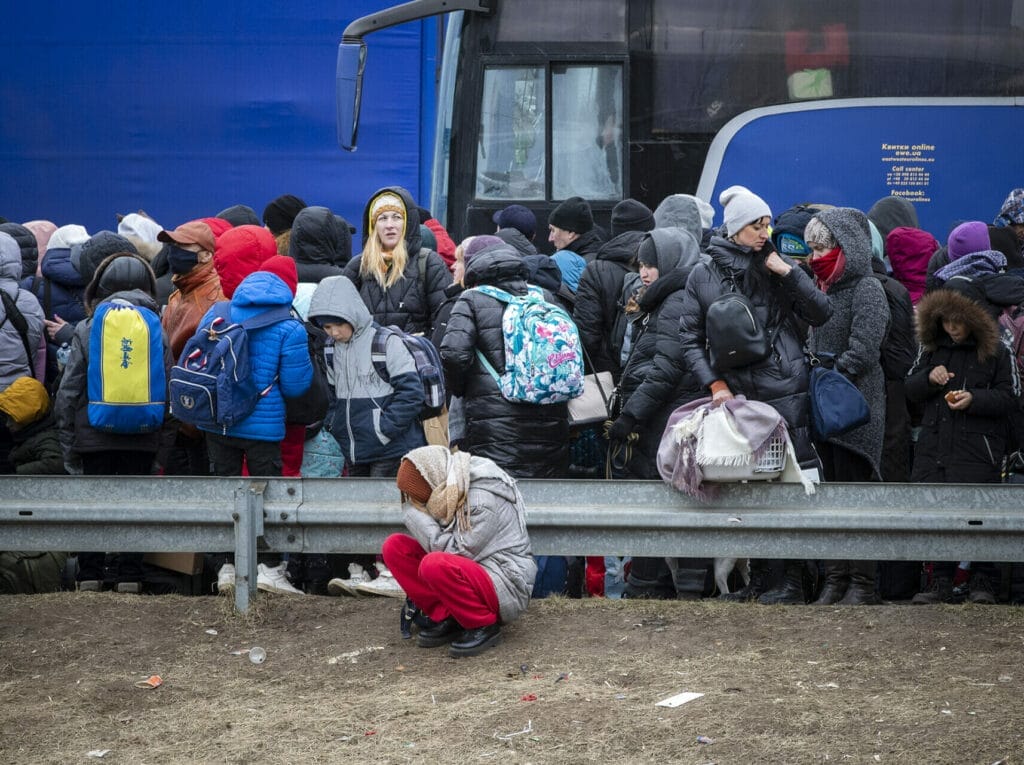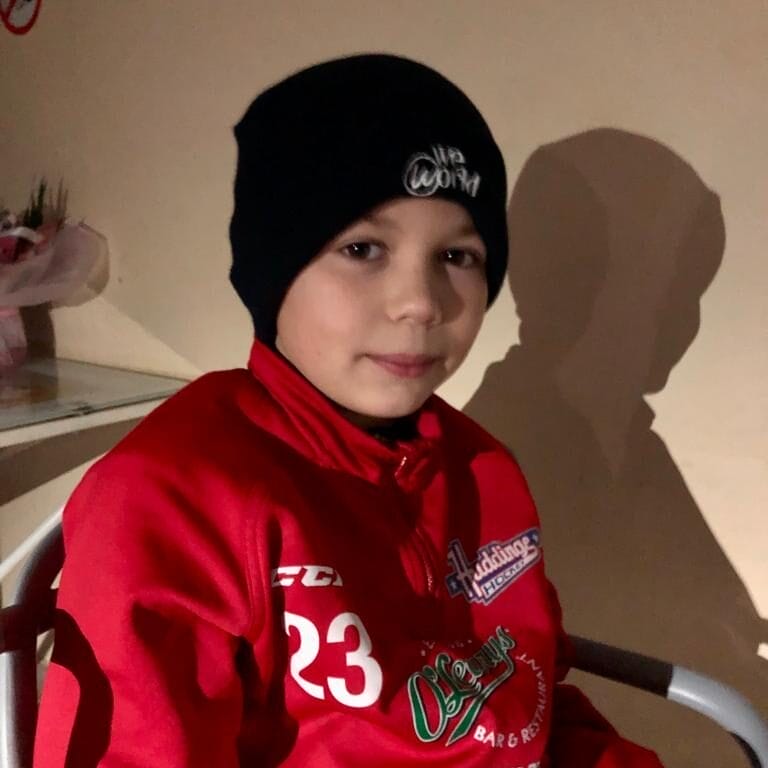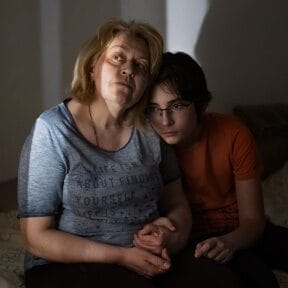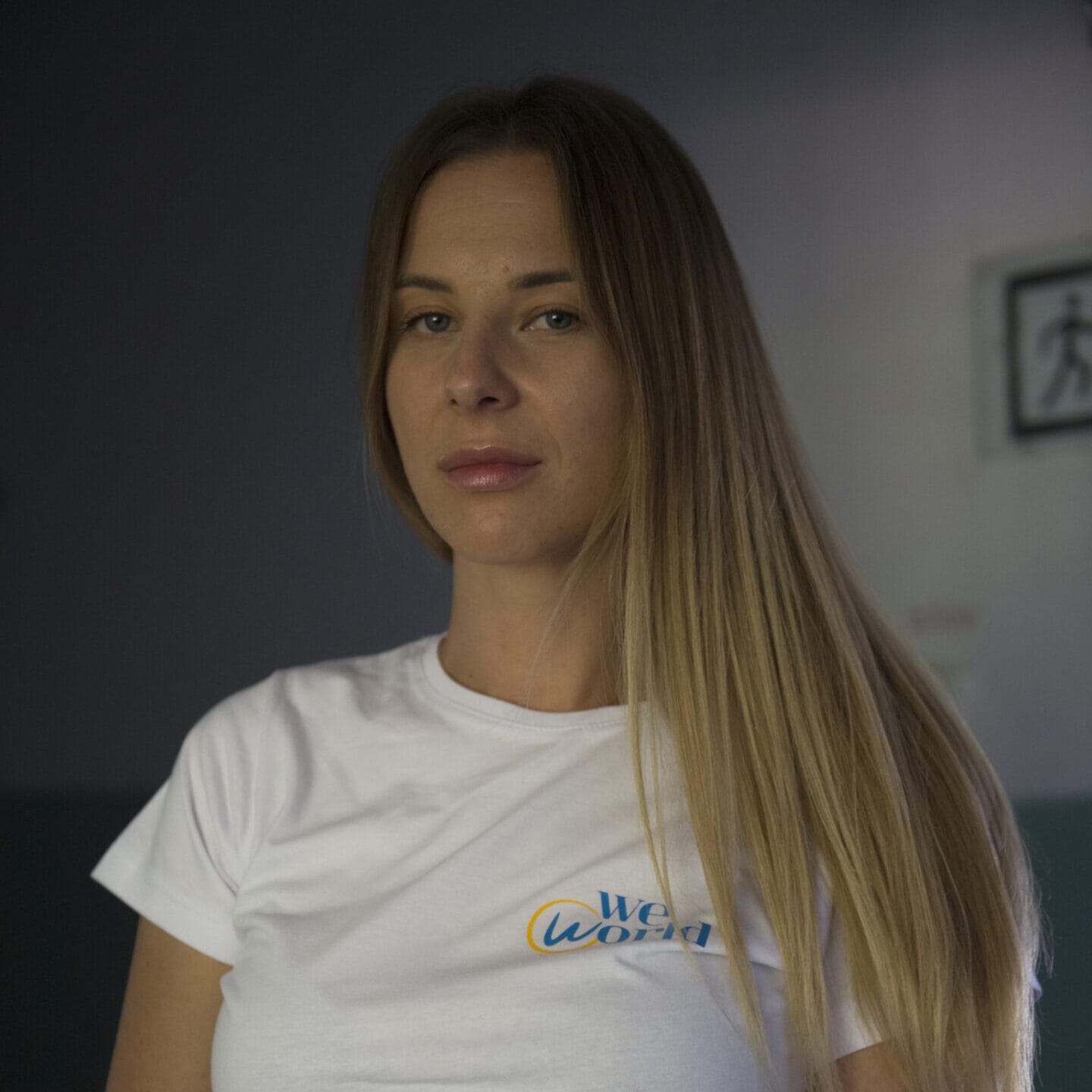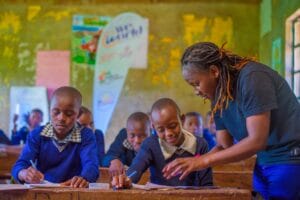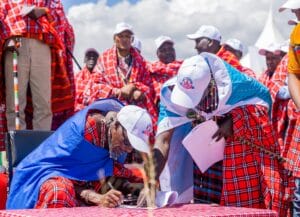
The war in Ukraine has forced millions of families to flee their homes. Since the beginning of the conflict, 17 million people are estimated to be in need of humanitarian assistance and protection throughout Ukraine. In Europe, 8 million refugees have been registered, most of them in neighbouring countries such as Moldova, Poland, Romania, Hungary and Slovakia, plus millions of internally displaced persons, most of them women, children and the elderly.
One year after the start of the war, the organization assessed the situation with a report, 'Ukraine Crisis - One Year of Conflict' on the humanitarian situation, support activities and the needs of the population. Many families are still forced to live in reception centres or temporary shelters because their homes are under military attack.
The war in Ukraine has forced millions of families to flee their homes. Since the beginning of the conflict, 17 million people are estimated to be in need of humanitarian assistance and protection throughout Ukraine. In Europe, 8 million refugees have been registered, most of them in neighbouring countries such as Moldova, Poland, Romania, Hungary and Slovakia, plus millions of internally displaced persons, most of them women, children and the elderly. One year after the start of the conflict, many families are still forced to live in reception centres or temporary shelters because their homes are under military attack.
At the moment, WeWorld is one of the few Italian organizations working in the most problematic areas of the country, those 'just liberated' and very difficult to reach such as the rural areas in the Kharkiv region, with particular attention to the most fragile, children and adolescents whose future has been stolen, and for whom it is essential to strengthen support, including psychological and educational assistance.
'It is a humanitarian emergency, but it will be a long road back to a pre-conflict situation, because the material, but above all immaterial damage has been huge', comments Dina Taddia, WeWorld's CEP. 'WeWorld intervened immediately after the outbreak of the emergency to help those who were losing everything cope with the crisis, especially women and children. Today, we continue to support the most fragile with the aim of reaching even the most isolated areas, rural villages for example, and not just the big cities where most humanitarian aid has been concentrated until now. In particular, the newly liberated areas of the South and East are currently the most problematic, from the point of view of security but also of needs. The problems and fragilities that existed before the war have been exacerbated, but in these areas many have received virtually no support since the beginning of the conflict. Winter is still extremely harsh and there are many people in need of help'.
In Ukraine and Moldova, WeWorld is supporting children and their families by providing food, shelter, medicine, basic necessities and also access to education and psychosocial services. To date, WeWorld has supported 60,000 people, including 30,000 children.
WeWorld is present in four areas in Ukraine: Lviv, Kiev, Odessa and Kharkiv. WeWorld distributes food, medicines, non-food items and winter kits to cope with the harsh winter in the country, with temperatures in the eastern regions reaching 20 degrees below zero.
At the centre of WeWorld's intervention in Ukraine are children and adolescents (together with their families), for whom we created six Child Friendly Spaces: safe places where children can play and find a sense of normality and where, in addition to responding to material needs (food, clothes, medicine), educational and psycho-social support activities are carried out. More than 17,500 psychosocial support sessions have been organized in the country, of which more than 80% involve children.
- 5.000 people receive psychosocial support
- 6.000 hygiene kits distributed
- 350 families receive food parcels once a day for a total of 13,000 people reached
WeWorld is also active in neighbouring countries, supporting refugees fleeing the war: in Moldova, 5,000 people, including 3,000 children, receive psychosocial support in WeWorld's two centres (in the capital Chisinau and in Criuleni). In one year, the organization has provided on-site support to 24,000 people. The interventions aim to bring back a situation of normality for families, especially children who had to leave their homes, destroyed by bombing, and who suffer the traumas of the conflict. In Moldova, WeWorld adopts an approach focused on the needs of refugees but also of host communities, in one of the poorest countries in Europe. This is why WeWorld combines humanitarian aid with language courses and awareness campaigns, and a focus on strengthening economic inclusion and access to basic services for refugees.

